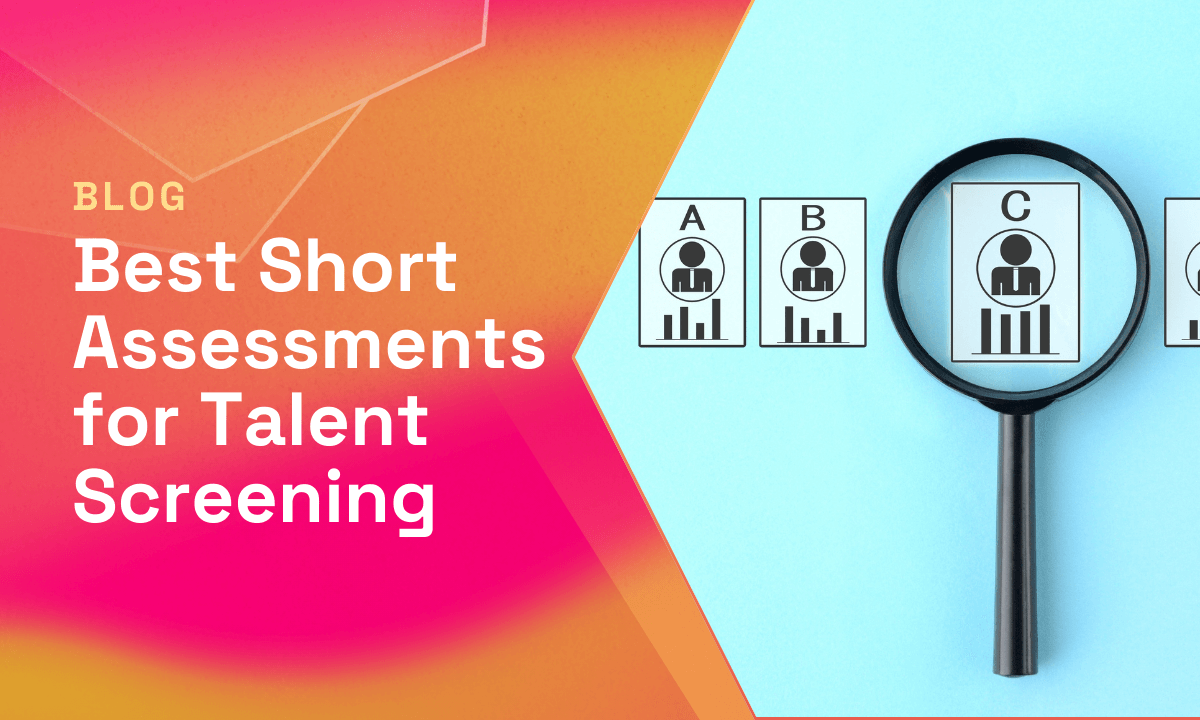5 coaching tips to develop effective leaders
With the changing landscape of business, effective leadership is the linchpin in achieving high performance organizations. As an executive or leadership coach, one plays a pivotal role in nurturing and developing leadership skills. Studies suggest that leadership coaching provides about 201% ROI, hence organizations are readily on the lookout for effective coaching plans to equip their future leaders.
Times have changed. A one-size-fits-all approach to leadership development no longer suffices in today's dynamic business landscape. Adaptability is key, and customized leadership plans are now imperative. Recent statistics reveal that 88% of leaders advocate for personalized leadership development plans.
Five tips for executive coaches to train effective leaders:
- Understand Individual Needs
Before diving into the coaching process, take the time to thoroughly understand the unique strengths, weaknesses, and aspirations of your client. Conduct comprehensive personality assessments, engage in open dialogue, and delve deep into their leadership competencies, style and preferences. This personalized approach forms the foundation for customized leadership coaching strategies. - Set Clear Objectives
Establish clear and measurable objectives with your client. Whether it's enhancing communication skills or mastering decision-making, articulating specific goals that align with their professional growth trajectory. These objectives serve as guiding beacons throughout the coaching process. Deeper Signals provides comprehensive yet easy to understand talent analytics reports to help coaches understand their coach's areas for improvement that can be utilized to set clear objectives. - Emphasizing Self-Awareness
Studies indicate that organizations with highly self-aware leaders demonstrated a staggering 186% higher ROI. Hence, it is essential for leaders to engage in reflective practices, such as journaling or mindfulness exercises, to gain deeper insights into their thoughts, emotions, and behaviors by using scientifically validated personality assessment tools. By understanding themselves better, leaders can navigate challenges with clarity and authenticity. - Training them to embrace DEI and cognitive diversity
As a coach, training leaders to embrace diversity, equity, and inclusion (DEI) alongside cognitive diversity involves fostering awareness, challenging biases, and cultivating inclusive workplaces to improve team dynamics. Through coaching leaders should gain insight into the value of diverse perspectives, while confronting unconscious biases and assumptions. Encouraging the creation of inclusive spaces where all voices are heard and respected empowers leaders to leverage cognitive diversity for innovation and problem-solving and eventually build high performance organizations. - Encouraging Continuous Learning
In today's dynamic business environment, a leader should never stop learning and should always be open to new ideas and experiences. Encourage leaders to stay informed about emerging best practices, trends, and research in the field. Utilizing Deeper Signals' tailored e-learning modules, coaches can ensure a seamless journey of continuous learning for leaders.

As an executive or leadership coach, one wields immense influence in shaping the leaders of tomorrow. By employing a holistic approach that prioritizes individualized development, self-awareness, and continuous learning, leadership coaches can empower their clients to build high performance organizations. These strategies will not only nurture the growth of individual leaders but also pave the way for their success in shaping the future of the business world.





























